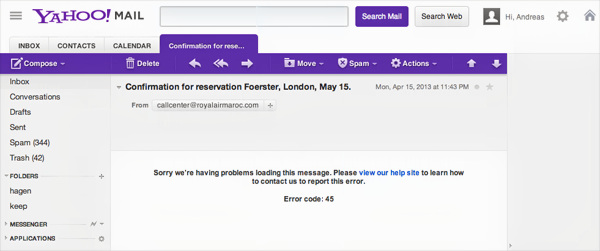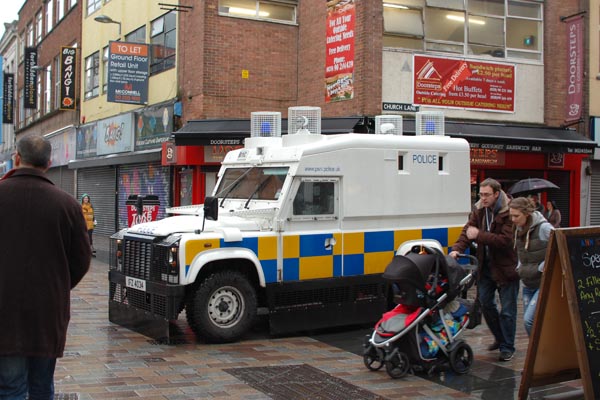When the Olympic and Paralympic jamboree was over, a little more than a year ago, one of the things that I was most excited about was the Olympic Park. Half a decade of decontamination, regeneration and construction had turned a no-man's-land of crumbling warehouses, disused factories and abundant pollution into the bucolic dream of idealized Britishness of the opening ceremony.
What for decades used to be derelict land surrounded by leaden canals and busy A roads and cross-sected by railway lines, was turned in parkland with green hills and wildflowers – if that's the right term – meticulously chosen to ensure joyful colors throughout the year. It was a huge project, and in the end it would be handed over to Londoners as new public park.
I had thought handover would be shortly after the last Paralympians had left, after the rubbish scattered by the crowds had been cleaned up and security fences and temporary venues torn down. When talk was of summer 2013, I was baffled. Why would it take so long?
When summer 2013 came, the first bit of park, christened Queen Elizabeth Olympic Park, was indeed opened to a restless public, but it was only a small area, a tenth of the total maybe. The question of why it takes so long rings even louder. Today I tried to find out.
I took the DLR to Pudding Mill Lane, a station surrounded by hoardings, constructions sites, railway arches and a pumping station. It's not immediately obvious why anyone would want to get off there. The sign to the View Tube gives the answer. View Tube is a heap of half a dozen bright yellow shipping containers that house a visitor and education center and a small café. It used to be the best place to see the Olympic stadium rise during construction.
I don't quite remember when I was here last time. It was some weeks or a few months before the Olympics. Now, the site looked much the same at first glance. The stadium is there and the Orbit, and acres of construction. I walked down the Greenway as I had done before. The ten-foot fences of unscalable mesh that provided security during the Games were still there, as was the tunnel for safe access to the stadium. In the distance were housing developments but next to the path were construction sites and rubble fields.
The Greenway is built on top of the Northern Outfall Sewer, the main conduit for raw sewage out of central London. Not the most pleasant thing to contemplate, but there's no smell and what goes on underneath the path stays mostly invisible. The exception is where the sewer crosses the River Lea. By that point, I had dropped onto the towpath, which, like the river, passes underneath the sewer. Ahead, I could see two pipes, three feet in diameter, old, corroded and dark. Beyond, massive chunks of riveted iron, the pride of Victorian engineering, allowed the effluent of millions to slowly slush to the treatment plant. A black sign informed that the structure was built in 1863 (and not exactly kept up to date). I ducked my head and scurried into the gloom, thirty feet of crossing but at least there was no dribble.
On the other side, ignoring the stadium on the right, it looked much as it must have before the Olympics. (Check out the photos here, especially the sixth. Taken in 2007, they show what I saw today.) Old locks and rotting narrowboats spoke of better times. Some warehouses sat empty; others had been given new life by the cultured underground, canal sides turned into café terraces. One had a big yellow sign advertising a German deli.
German delis are rare in London. There are two in Richmond, one of which bakes excellent bread. They've been there for decades and sell things they've always sold, products from the west. This one was different, full of things I connect with emotionally. There were Spreewald gherkins, Dr. Quendt biscuits, Born mustard, and pasta from Riesa. It was a bit of a homecoming for me, but as always in such places, the prices were horrifying. The owner, East German thirty miles down the river from me, told me he cries when he puts beer on the shelf. The price he has to charge after the supplier and Her Majesty have taken their cut is physically painful.
With mustard, gherkins and a bread, I continued my walk. Footbridges crossed the canal, so new that they weren't even open yet. Then there was a sign to the park. It pointed towards a busy roundabout, but I could see the curved roof of the velodrome in the distance and approached.
The park is small and hemmed in by access roads to the Olympic-size shopping center and railroads, but it's been creatively laid out and landscaped with great aspiration. The waterway that passes through it, part of the River Lea/Lee Navigation network, got reed beds, artificial marshes and irregular shores, and meanders out of view like a natural river, though it quite clearly isn't.
There are amazing playgrounds for kids, a non-profit café run by a disability charity and viewpoints up on the hill. There isn't much to see yet, but once construction is finished and the extensions are added – and connected with footpaths like everywhere in London – this will be a lovely place. On the other hand, the bespoke landscaping will take great effort to maintain. Some parts already look rather worn, though this could be a result of the unusually warm and dry summer.
What baffled me for a while were two bridges across the river/canal. They were far too wide for a little park, wide enough for four-lane traffic. Then it occurred to me that they weren't built for a little park that will accommodate hundreds but for Games visited by millions. Downsizing is why the park couldn't be opened earlier.





